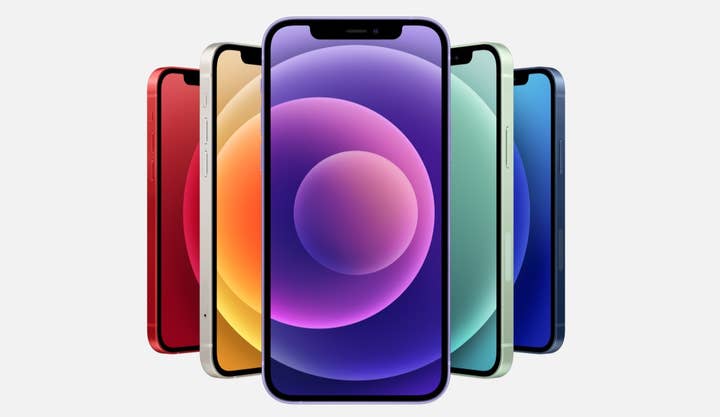UK regulator launches investigation into Apple's cloud gaming restrictions
Market investigation will also Apple and Google's dominance over mobile browsers
At a glance:
- CMA has launched a Phase 2 investigation into Apple's restrictions against cloud gaming
- Also investigating Apple and Google's dominance of the web browsers market
- Investigation follows public consultation period, will conclude by May 2024
The Competition and Market Authority has launched a full market investigation into Apple's restrictions against cloud gaming services on iOS.
This follows recommendations in the UK regulator's Mobile Ecosystem Market Study which suggested further investigation was needed as Apple and Google have "an effective duopoly on mobile ecosystems."
Following the publication of this study in June, the CMA opened a consultation period, inviting businesses and members of the public to add further comment and evidence on this subject.
The responses were published yesterday and, according to the CMA, "reveal substantial support for a fuller investigation", which will cover two areas: how Apple restricts cloud gaming through its App Store, and how Apple and Google dominate the mobile browser market.
Respondents to the consultation included Microsoft, UK trade body TIGA and multiple anonymous developers. The CMA said the consensus from cloud gaming service providers was that "the status quo is harming their business, holding back innovation, and adding unnecessary costs."
Apple also responded, stating: "With respect to cloud gaming, Apple does not prevent cloud gaming apps from appearing on the App Store, nor is it trying to block the emergence of cloud gaming apps. On the contrary, Apple has worked with developers specifically to allow them to offer cloud gaming apps, whilst maintaining adequate protection for consumers."
The company said that cloud gaming service providers are able to reach iOS users via browsers and web apps, or via streaming apps on the App Store. However, App Store Guidelines mean that each game included in any cloud service would need its own App Store product page.
Apple says this is to ensure all the key information relevant to users – such as age ratings and privacy labels – are available, and to make sure each game can be found in an App Store search.
In 2020, Microsoft complained about this system, saying that it essentially blocked Xbox Cloud Gaming (then known as Project xCloud) and Game Pass from iOS because the platform holder would have to submit every title for review individually. Given how regularly games are added to and removed from Game Pass, this would have been an intensive workload.
The company also accused Apple of treating games differently, "applying more lenient rules to non-gaming apps even when they include interactive content."
Last year, Microsoft managed to bring Xbox Cloud Gaming to iOS via browsers.
The CMA has said its in-depth Phase 2 investigation will consider concerns from both sides and "whether new rules are needed to drive better outcomes."
While no end date appears to have been given, the CMA is obliged to conclude any market investigation within 18 months, which gives a deadline of May 2024.
This project begins just two months after the CMA embarked on another Phase 2 investigation, one into Microsoft's proposed $68.7 billion acquisition of Activision Blizzard.
The regulator detailed its concerns over the deal back in September, with harm to competition among cloud gaming services one of the key topics.
The investigation, and the original study, also follow Epic's dispute with both Apple and Google regarding the control they have over their mobile ecosystems. The UK is one of the many jurisdictions where Epic has taken legal action against both companies, although the UK's antitrust tribunal blocked its case against Apple.
Earlier this year, Geradin Partners' competition lawyers Stijn Huijts and Tom Smith wrote for GamesIndustry.biz, explaining why this investigation may mark the start of increased antitrust scrutiny in gaming.

